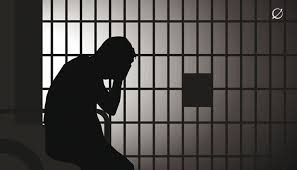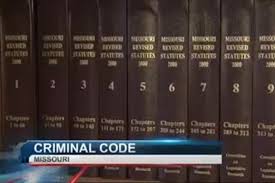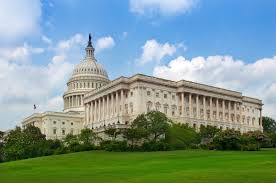The Over-Criminalization of Regulatory Compliance
 The Supreme Court is about to send another shockwave in criminal law. No one suspected that the Roberts Supreme Court would become a pro-defendant court but with the support of some conservative justices, the tide against prosecutorial excess is strong.
The Supreme Court is about to send another shockwave in criminal law. No one suspected that the Roberts Supreme Court would become a pro-defendant court but with the support of some conservative justices, the tide against prosecutorial excess is strong.
From my perspective, the most significant criminal case in the last twenty years was Booker, which gutted the US Sentencing Guidelines and made the guidelines “advisory” in nature. Federal judges always want to exercise their discretion and with the elimination of the mandatory guidelines, they got their wish.
Interestingly, and not surprisingly, when judges exercise their discretion, two classes of criminals’ benefit – white-collar criminals and child pornographers receive lower than guideline range sentences. Judges regularly cite the harshness of the guidelines for white-collar crimes and child pornography.
The Supreme Court heard argument on the case of United States v. Yates, in which a fisherman was criminally charged with destruction of a tangible object, prohibited fish, under 18 USC 1519, a statute originally intended to prevent white-collar fraudsters from destroying documents and other items in order to obstruct justice.
The prosecutors in the case used this statute to charge Yates with obstruction of justice, which carries a maximum penalty of 20 years imprisonment. During the oral argument before the Supreme Court, even Justice Scalia and Justice Alito wondered why the prosecutor was so aggressive in charging the crimes against the fisherman.
The Supreme Court will reverse Yates’ conviction, and they will do so by interpreting the term “tangible object” in relation to what was intended – evidence of crime that is closely related to a particular offense. In the Yates case, the prosecutor should have exercised his or her discretion to avoid the charge all together.
As a result, the Supreme Court will issue another pro-defense decision and you can expect that there will be lots of commentary on the over-criminalization of our criminal code and regulations.
When I worked on Capitol Hill, I conducted the first re-write of the US criminal code for then-Chairman Sensenbrenner. It was an eye-opening experience, and he has since continued to push for reduction of criminal offense and statutes.
Significantly, there is some question as to how many regulatory criminal offenses exist – meaning criminal offenses that incorporate regulations that may change over time. Some have estimated there are over 300,000 regulatory criminal offenses. That makes compliance almost impossible for certain individuals and companies.
Justice Scalia recently commented on the SEC’s so-called regulatory expertise. Normally, courts defer to the expertise of regulatory agencies when interpreting statutes that incorporate regulations. Justice Scalia questioned the SEC’s regulatory expertise and its ability to define the crime of insider trading.
The Over-Criminalization movement brings together strange political bedfellows – the ACLU, anti-drug enforcement groups, and pro-business organizations, the Chamber of Commerce, the Cato institute, and the Heritage Foundation. Each is looking for reform in a specific area. When they come together, they are a powerful political force.
 The House Judiciary Committee has established a Task Force on Over-Criminalization, and I had the honor to appear and testify last year before the Task Force. Here
The House Judiciary Committee has established a Task Force on Over-Criminalization, and I had the honor to appear and testify last year before the Task Force. Here
It is an issue that is near and dear to my heart because it reflects good government, fairness and clarity in defining conduct that will be punished.
Prosecutors have to recognize that they operate in a political world. They do not want to bring cases or prosecute criminals that will turn out to be poster children for prosecutorial excess. Prosecutorial discretion has to be exercised with care and due regard for the institution. If not, Congress and the Courts will step in.















